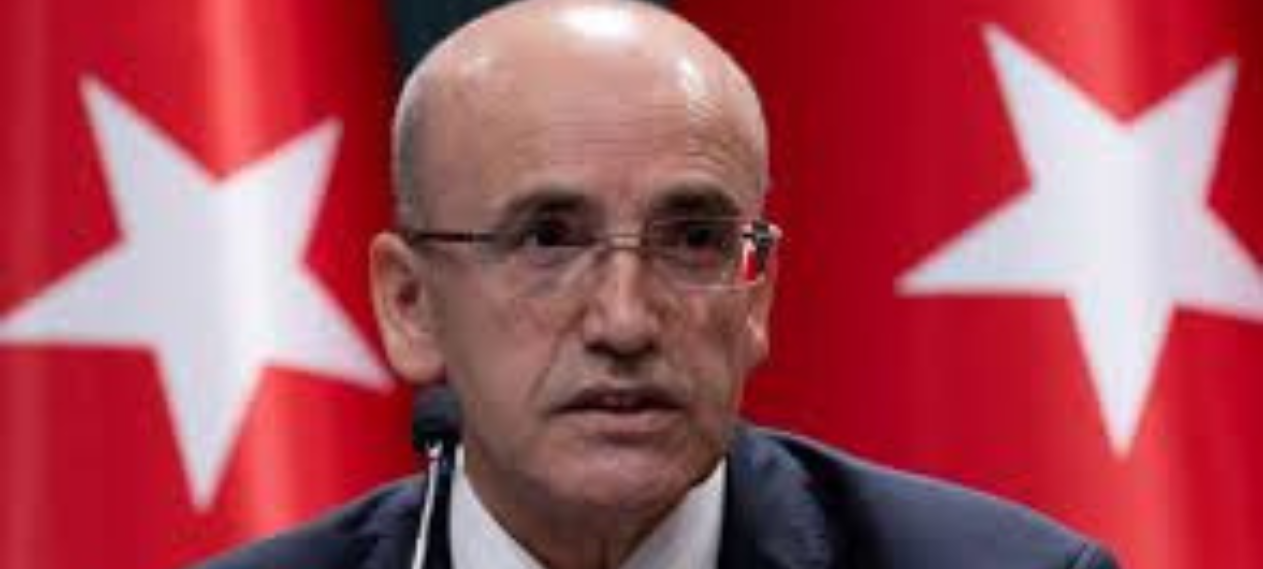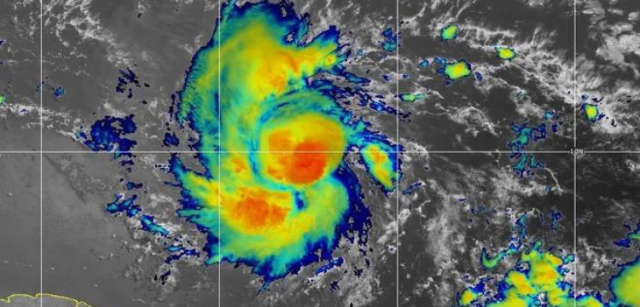The Financial Action Task Force (FATF) removed Turkiye from its “grey list” of countries needing special scrutiny, enhancing the country’s economic recovery plan. Turkiye was added to the “grey list” in 2021 over concerns about money laundering and terrorist financing. This decision followed recent meetings between FATF and Turkish authorities to assess progress in these areas.
FATF acknowledged Turkiye’s “significant progress” in improving its anti-money laundering and terrorist financing measures. Turkish officials praised the move, viewing it as a boost to Turkiye’s international reputation and a potential attractor of new investment.
Read more: IMF and Pakistan Commence Official Dialogue for New Loan Program
Turkish Vice President Cevdet Yilmaz stated on X that this development strengthens international investors’ confidence in Turkiye’s financial system, predicting positive outcomes for both the financial and real sectors.
The market reaction was minimal, with the lira slightly firming to 32.8845 against the dollar and Istanbul’s main share index rising by 0.5%. Tim Ash, a strategist at Bluebay Asset Management, noted that positive news and reforms from Finance Minister Mehmet Simsek continue to emerge.
The FATF’s “grey list” includes about two dozen nations deemed risky. Turkiye was placed on the list in October 2021 for failing to supervise sectors vulnerable to money laundering and financing of terrorist groups like Islamic State and al Qaeda. Countries on this list face increased monitoring and must work with FATF to address deficiencies.
Research indicates that removal from the “grey list” could attract more foreign direct investment (FDI). Yilmaz suggested that FDI inflows would accelerate following this decision. Turkiye’s FDI inflows were $1.5 billion in the first quarter, a 52% decrease from the quarterly average of the previous three years, according to Turkiye’s International Investors Association.
After the general election in May 2023, Turkiye has seen increased investor interest due to a policy shift that reversed unorthodox low interest rates, raising the policy rate from 8.5% to 50%. The previous low rates policy had led to a lira slide and rampant inflation, which peaked at 75.45% in May but is expected to fall to around 42% by year-end.






